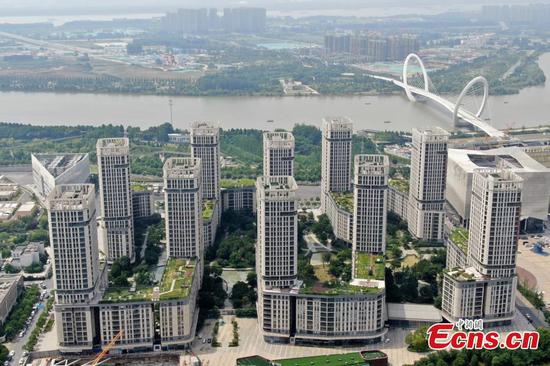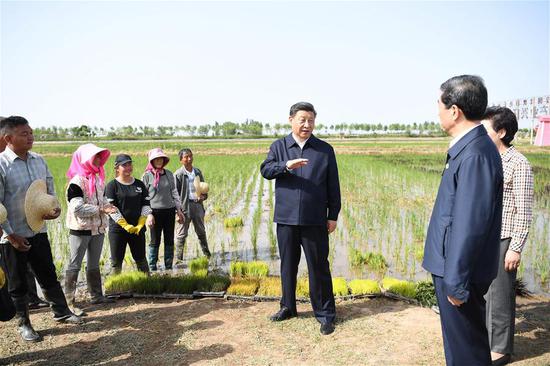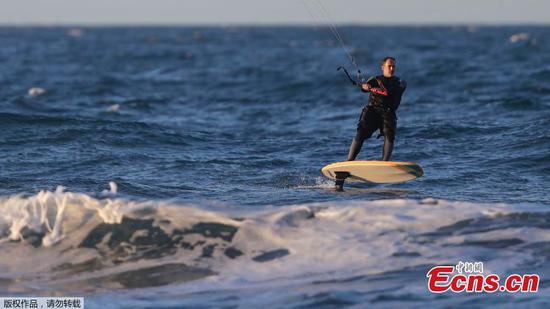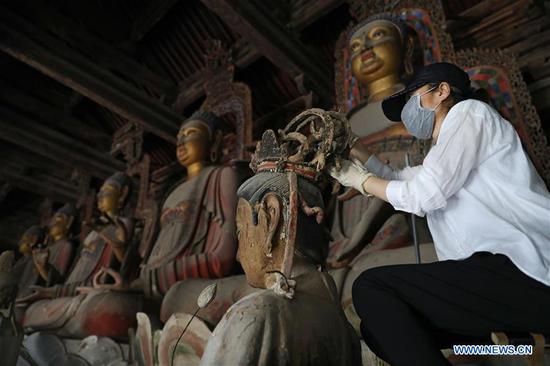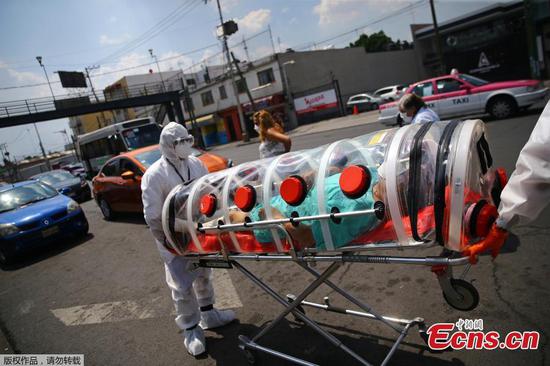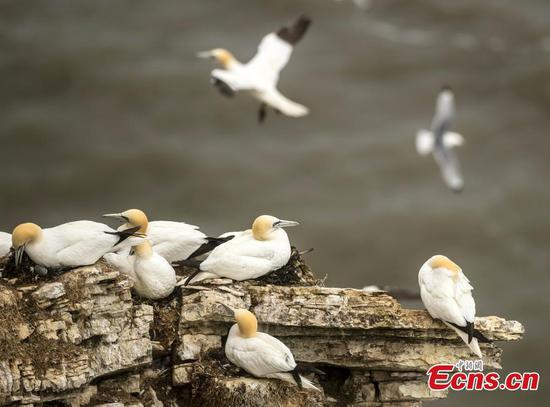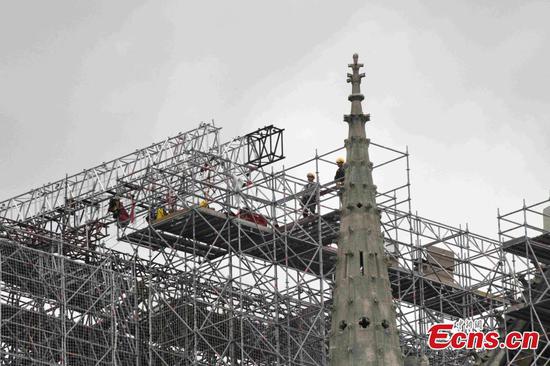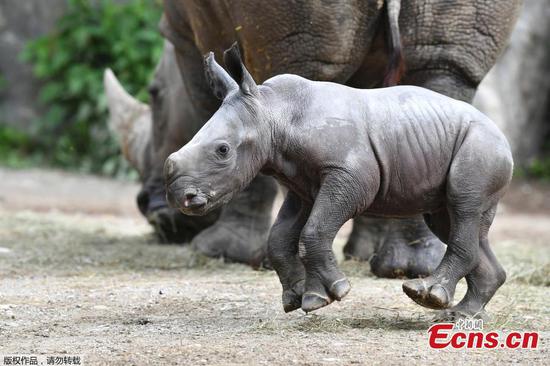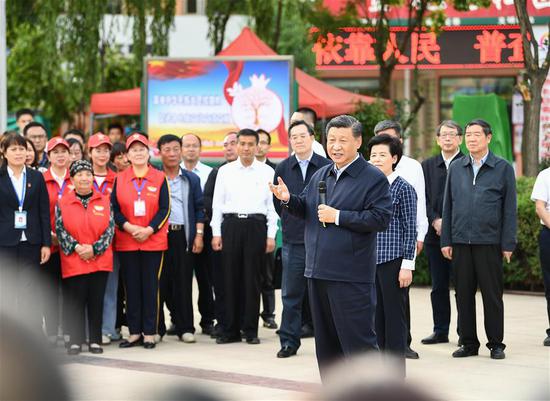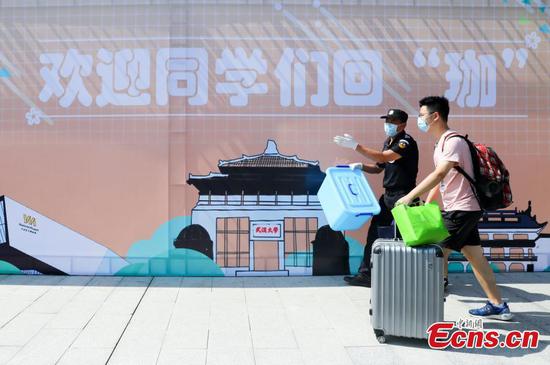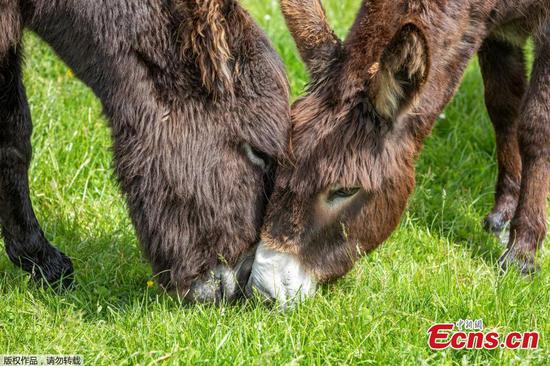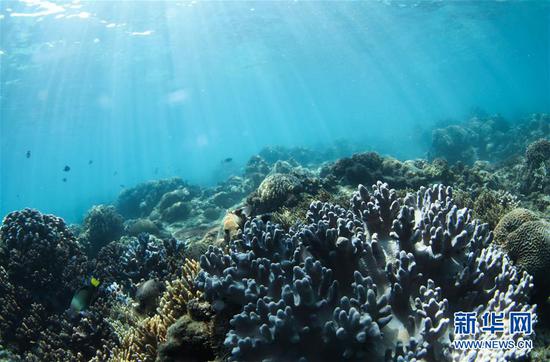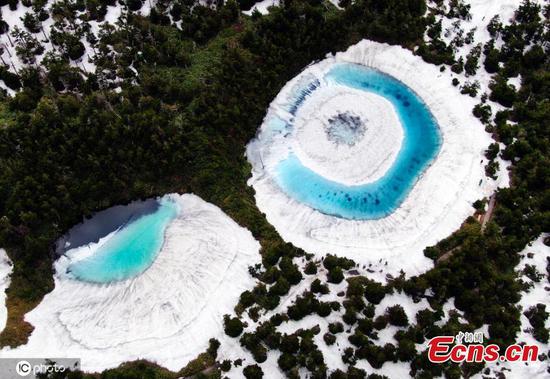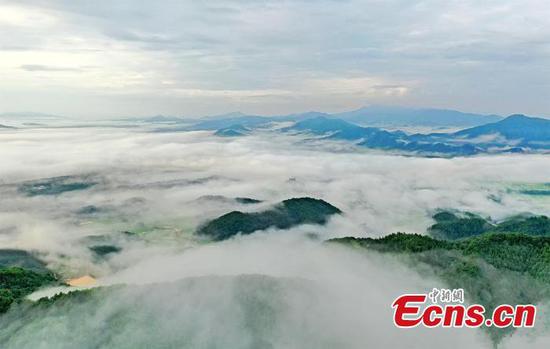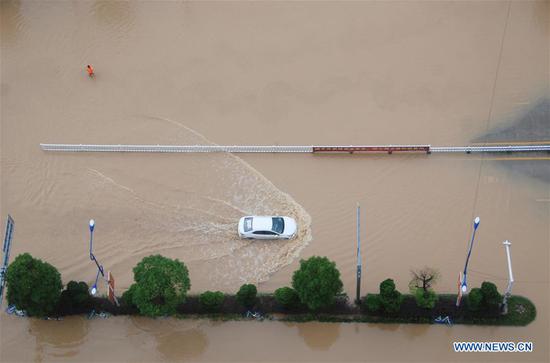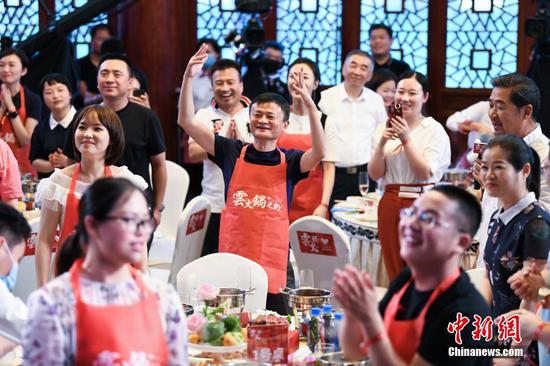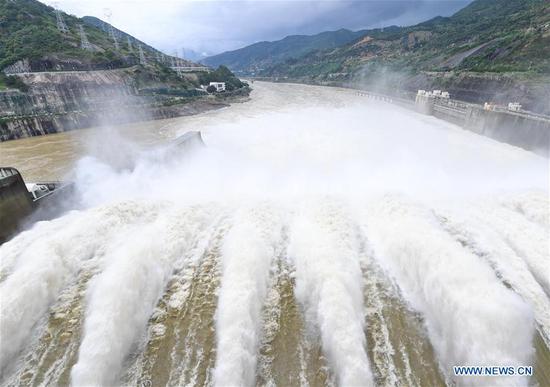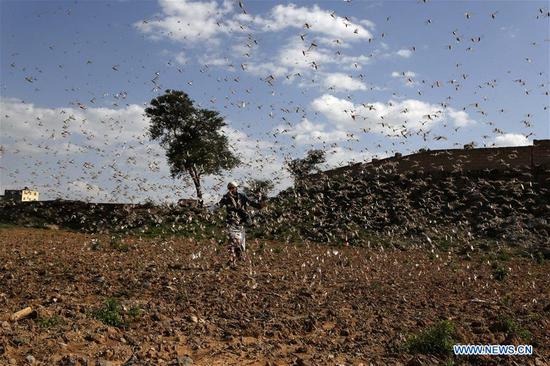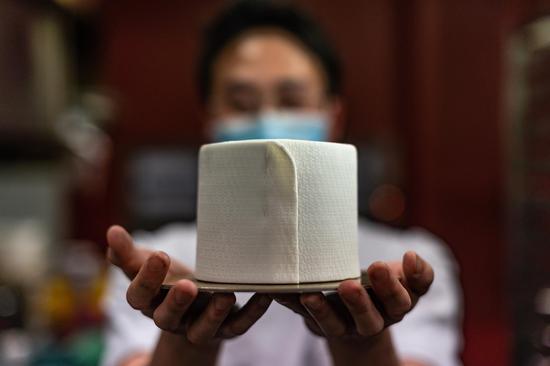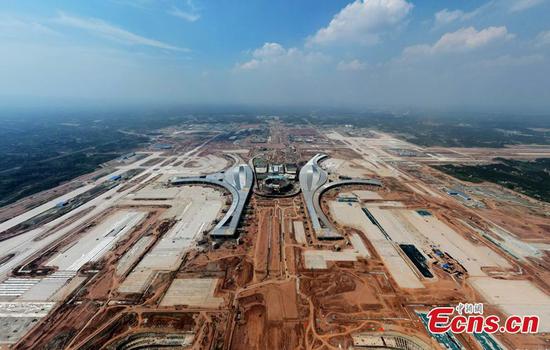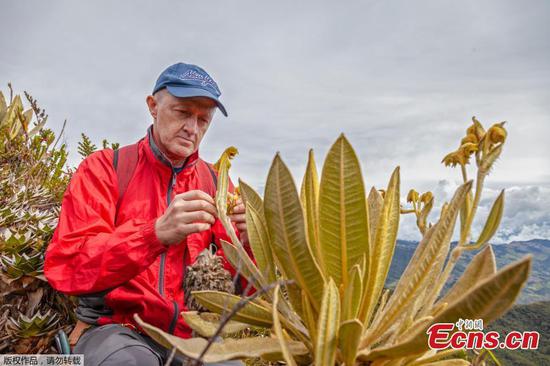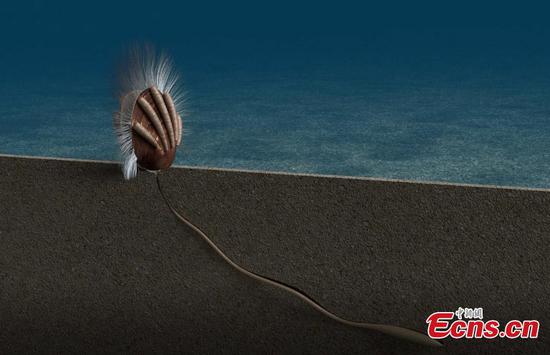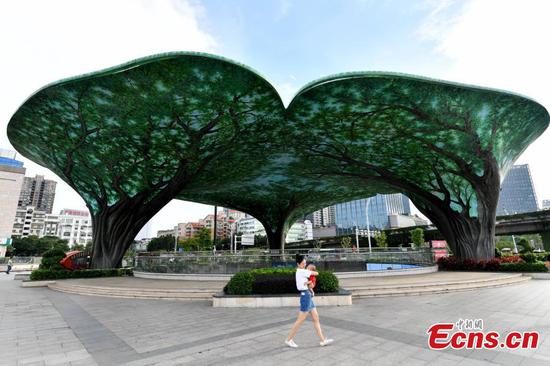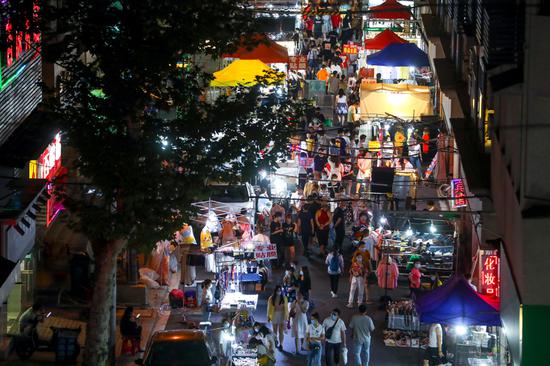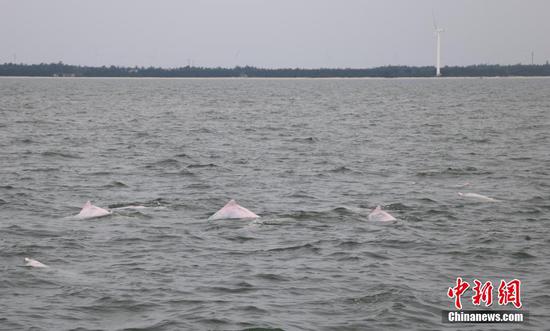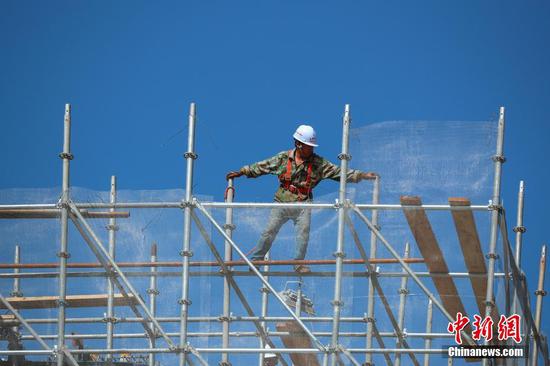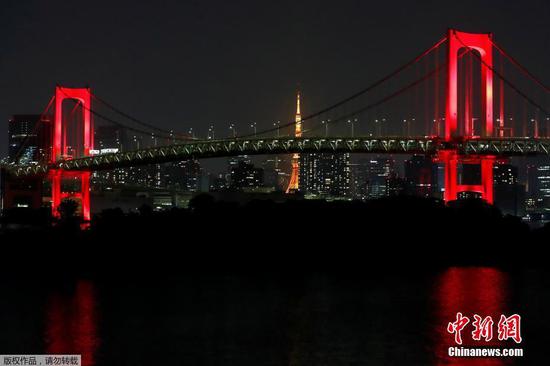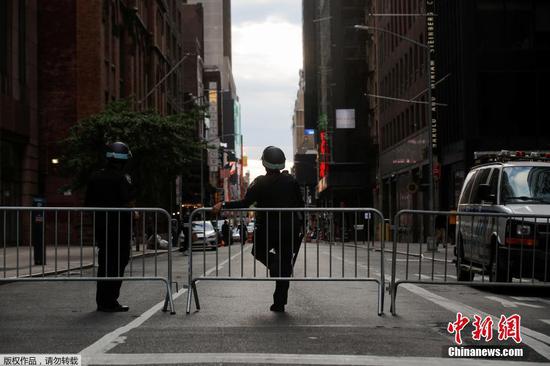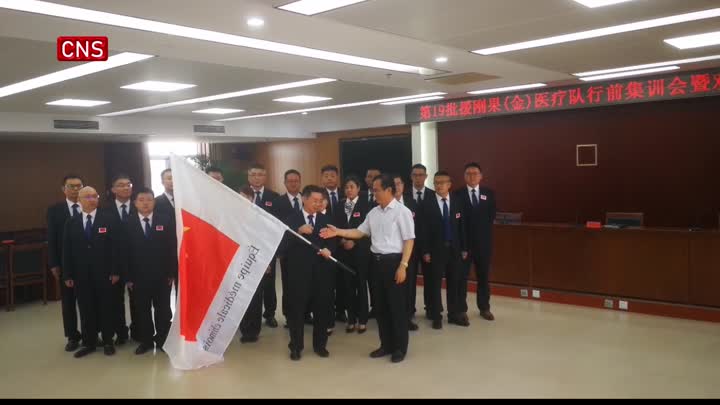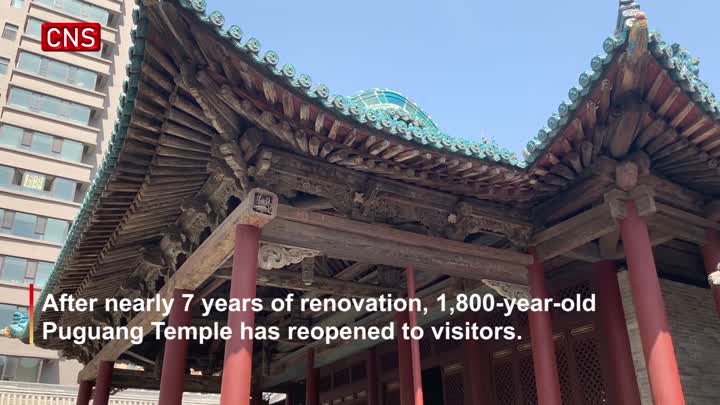Chinese scientists have grown saline-alkali tolerant rice on a farm at an altitude of 2,800 meters in the northwestern province of Qinghai, marking the first trial of "sea rice-planting" on the Qinghai-Tibet Plateau.
For thousands of years, rice has been planted in places with high temperatures, humidity and short days. The farm is located on the plateau's Qaidam Basin where there is a large area of saline-alkali land that makes it difficult for crops to grow. It is also frequented by drought, hail, frost and other natural disasters.
A team led by the "father of hybrid rice" Yuan Longping has worked on the research to yield more rice in saline-alkali environments.
Last week, the researchers from the Qingdao Saline-Alkali Tolerant Rice Research and Development Center moved strains of cold- and alkali-resistant rice they cultivated from a greenhouse to the saline-alkali soil on the plateau for trial planting.
They plan to plant 6.67 hectares during the trial and use manual and mechanical methods to conduct observation and provide samples for future large-scale planting, said the center engineer Zhang Guodong.
Since 2019, the center has promoted sea rice in seven major saline-alkaline areas in China and the United Arab Emirates.
According to the researchers, new experimental centers and planting bases will be established in Qinghai in order to explore new ways for plateau agricultural production.









